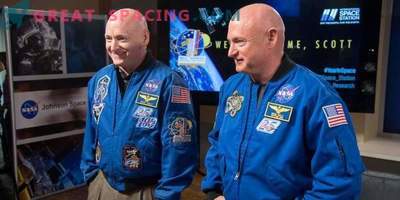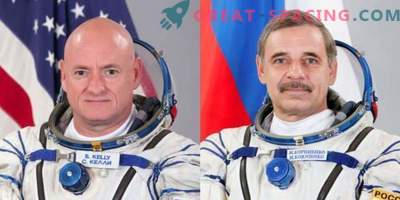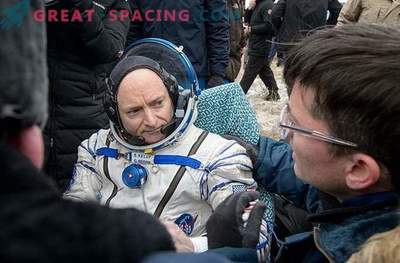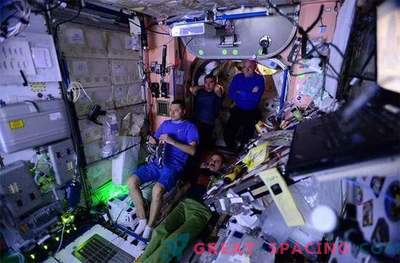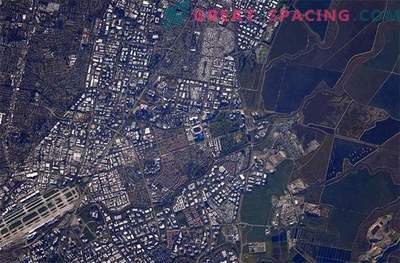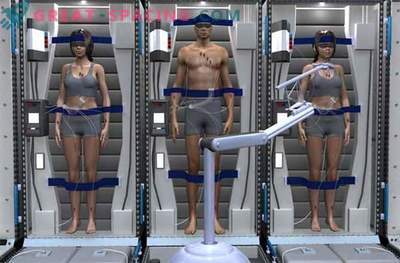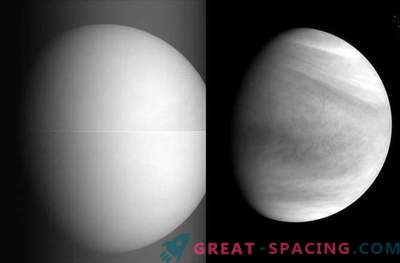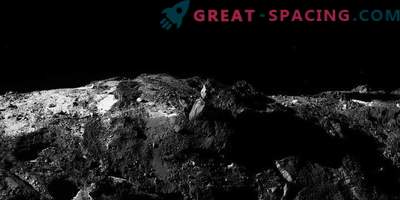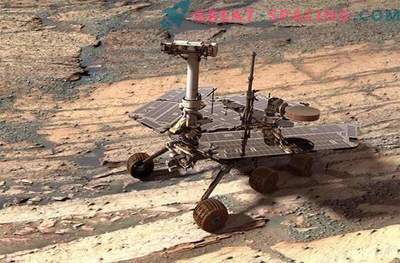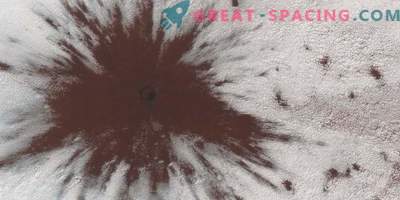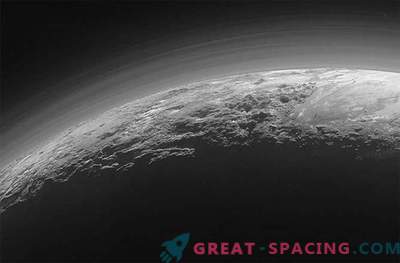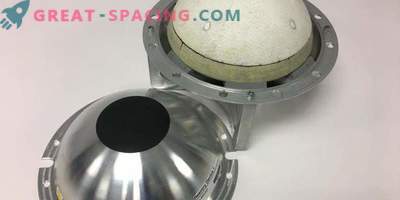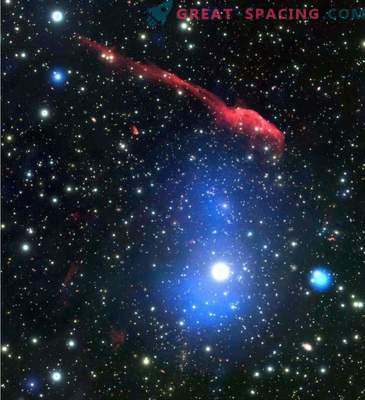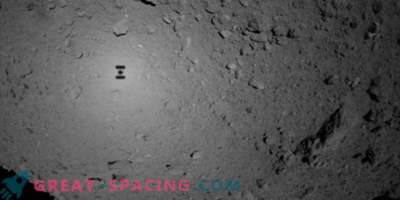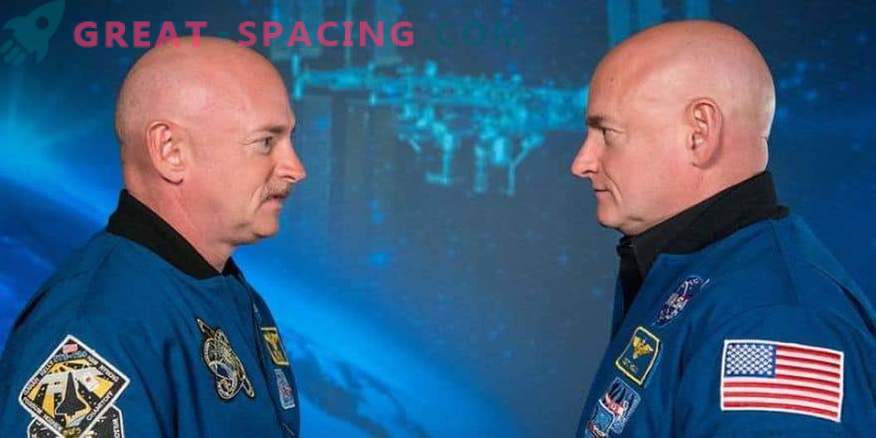
The first research results show that space travel can cause changes at the molecular level. In 2015-2016 NASA astronaut Scott Kelly spent 340 consecutive days in space while his identical twin brother Mark (a retired NASA astronaut) remained on Earth. The couple participated in an innovative study that allowed scientists to understand how space flights affect the human body in long missions.
The researchers took a number of biological samples from the brothers before, during and after the completion of the space mission, checking everything from microbes to DNA length. The Kelly brothers have almost identical genomes and similar life experiences, so scientists looked for differences between the Scott (space) and Mark (Earth) samples.
The analysis revealed interesting changes. While Scott was in space, his telomeres (caps on the ends of chromosomes) grew longer than those of Mark. But they returned to the preflight length soon after Scott returned to Earth. However, it is still amazing! Telomeres shrink as a person ages and earlier, researchers believed that it was the stress of space flight that caused them to shrink at a high speed. Eroding telomeres can cause health defects. But the difference was not only in telomere size. Scott DNA methylation (a chemical mechanism that controls gene expression) was reduced in activity while in space. The activity of this indicator is influenced by diet and sleep. Scott’s performance was atypical, perhaps because he was exposed to the unusual harsh conditions of space travel (sublimated food, sleep changes, microgravity, etc.).
A full report on the Kelly twins will be released in a year, but scientists cannot yet fully explain the reasons for all the changes in Scott's biology. Serious analysis is just beginning.
